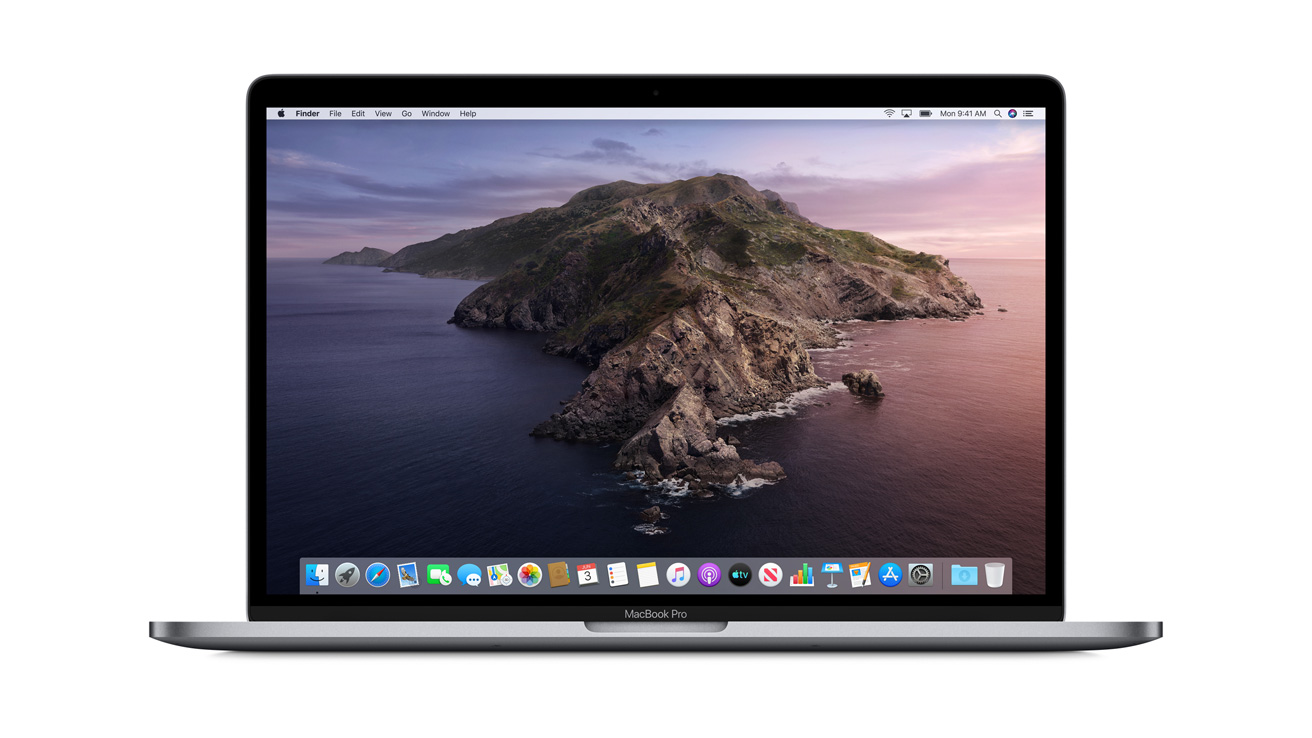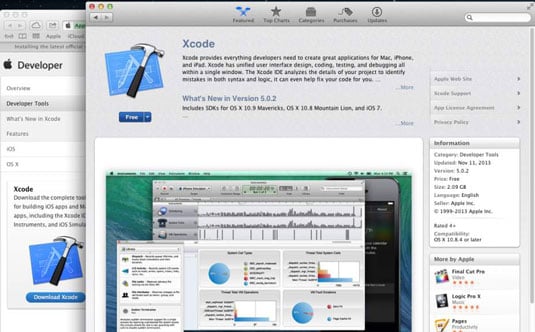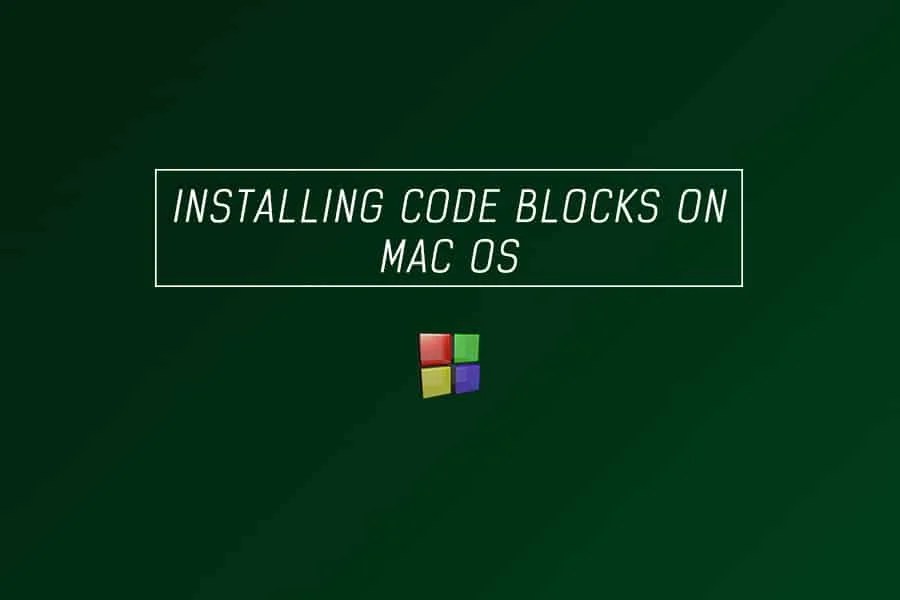- MacBook Pro, Mac OS X (10.7.5), Code Blocks compiler and Xcode Posted on Feb 4, 2013 6:58 AM Reply I have this question too (583) I have this question too Me too (583) Me too.
- You asked how to download and install a C compiler on Apple OS X. The easiest, most straightforward way is to go to the App Store and install Xcode. That will cover.
For invoking various Catalina utilities from within Code::Blocks. Extract the Catalina files from the appropriate archive for your platform – i.e. Either codeblockswin32.zip (which when unzipped will create a Windows folder) or codeblocksLinux.tgz (which when uncompressed will create a Linux folder). Step 2 – install Code::Blocks Catalina. We could use an extra Mac developer to work on these issues. The provided download contains an Application Bundle (for the i386 architecture) built for Mac OS X 10.6 (and later), bundling most Code::Blocks plugins. The default compiler that this Code Blocks package comes with is MinGW In this short tutorial, we'll guide you to setup Code blocks on Mac OS X. CODEBLOCKS CATALINA UPDATE: If you have upgraded your macOS to the latest Catalina version you won't be able to run CodeBlocks since it is not updated to be compatible with Catalina. Apple ended its.
Installation
Note: AnyDesk is available for macOS 10.11. or later.MacOS 11 Big Sur and newer and Apple Silicon devices are only supported on AnyDesk 6.1.0 for macOS or newer.
There are currently two installation modes for AnyDesk for macOS, A) a full installation and B) a portable installation:

A) The full installation installs both the AnyDesk client as well as the AnyDesk Services which is required to use features such as being able to connect to the macOS AnyDesk client while the user account has been switched or logged out of. To do full installation, simply click the orange 'Install Now' tile in the main AnyDesk window and accept the Terms and Conditions.

B) On the other hand, the portable installation only installs the AnyDesk client. To do so, simply drag & drop the AnyDesk application within the .DMG file to the Applications folder on the macOS device. To convert the portable installation to a full installation, simply click AnyDesk in the top global menu bar and select Install AnyDesk Service...
Session Request and Accept Window
The accept window is displayed for incoming clients during session request. Applied to the accept window are client details and available permissions.
Default incoming client permissions:
- Allow to control my computer`s keyboard and mouse
- Allow to access my computer`s clipboard
- Allow to use file manager
- Allow lock my computer`s keyboard and mouse
- Allow to lock desktop on session end
Disabling all options in settings or during session creates a passive remote device.

File Manager
Click 'Browse files' to start the File Manager session.
User Interface
Set interface options:
- Set language
- Ask for comment after session
- Show AnyDesk ID instead of Alias
- Open address book on startup

Final fantasy x 2 official strategy guide.
Audio
MacOS does not support audio transmission.
macOS Shortcuts
In the macOS 'User Interface'-menu, it is possible to choose whether keyboard shortcuts are executed locally or on the remote system.
Code Blocks For Mac Os
Additionally, it provides a 'Host Key' (Right Command) that, when held down, forces all shortcuts to execute locally.
See also: Keyboard Shortcuts
Uninstall AnyDesk
To uninstall AnyDesk for macOS:
- Move AnyDesk from the 'Applications' folder to Trash
- Delete the ~/.anydesk/ and /etc/anydesk/ folders for standard AnyDesk clients
- Delete the ~/.anydesk-ad_<prefix>/ and /etc/anydesk-ad_<prefix>/ folders for custom AnyDesk clients
Code Blocks Mac Os Catalina Free
